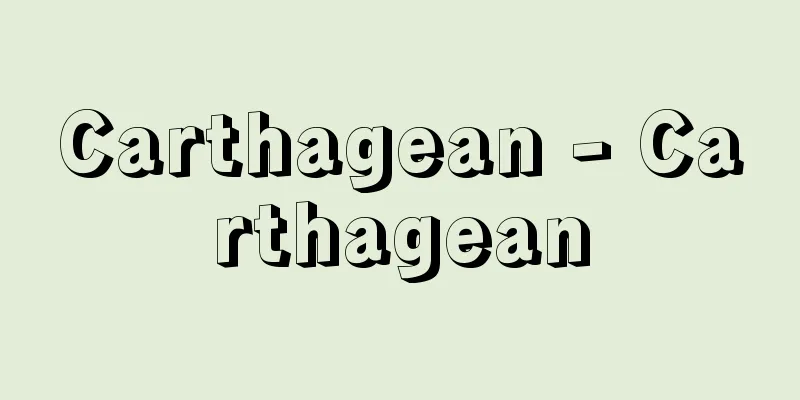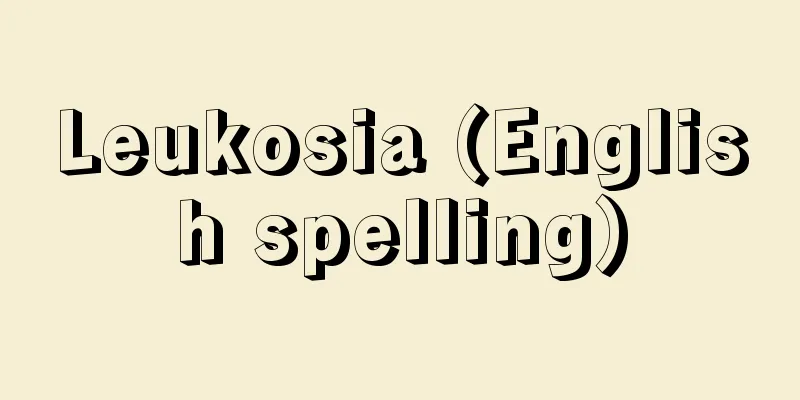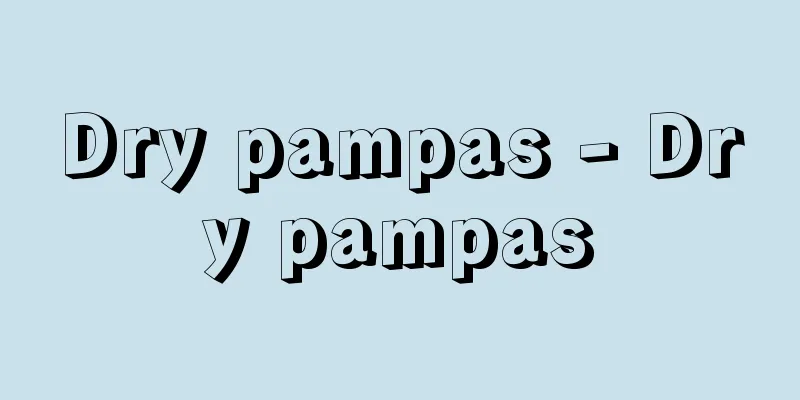Oralism - benronshūgi

|
In procedural law, this is the principle that the collection of facts and evidence that are the basis of a trial is the authority or responsibility of the parties. The opposing concept is the principle of ex officio discovery. In civil litigation, this is considered a basic principle, and the court cannot make a decision on matters not claimed by the parties (Article 246 of the Civil Procedure Act), and the court is only obligated to examine evidence when the opposing party disputes facts asserted by a party, and facts confessed by a party in court do not need to be proven (Article 179 of the same Act). Criminal cases are also based on the principle of oral argument, and the principle of convenience for prosecution (Criminal Procedure Law, Article 248) is adopted, which allows the prosecutor to suspend prosecution at his discretion. When prosecuting, the prosecutor is responsible for establishing or changing the charges (Criminal Procedure Law, Articles 256 and 312, Paragraph 1). In addition, the parties are also responsible for requesting the examination of evidence (Criminal Procedure Law, Article 298, Paragraph 1). However, the principle of oral argument is not as thorough as in civil cases, and a confession or admission of guilt in court does not necessarily mean that a person is found guilty (Criminal Procedure Law, Article 319, Paragraphs 2 and 3). In addition, the court is allowed to examine evidence ex officio (Criminal Procedure Law, Article 298, Paragraph 2) or issue an order to change the charges (Criminal Procedure Law, Article 312, Paragraph 2), and the court is allowed to exercise its authority over both the charges and evidence. However, it is generally understood that the current Criminal Procedure Law adopts the principle of party authority as a basic principle, and the examination of evidence ex officio or an order to change the charges is considered to be an exceptional system (prevailing opinion/precedent). [Moriichi Taguchi] [References] | | | | |Source: Shogakukan Encyclopedia Nipponica About Encyclopedia Nipponica Information | Legend |
|
訴訟法上、審判の基礎となる事実および証拠の収集を当事者の権能または責任に属させる主義。対概念は職権探知主義。民事訴訟では、基本原理とされ、裁判所は当事者の申し立てない事項については判決をすることができず(民事訴訟法246条)、当事者の主張した事実を相手方が争う場合に限って裁判所は証拠を調べる義務があり、裁判所において当事者が自白した事実はこれを証明することを必要としない(同法179条)。 刑事訴訟でも弁論主義が基調とされ、検察官の裁量により起訴猶予を許す起訴便宜主義(刑事訴訟法248条)を採用し、起訴する場合にも、訴因の設定・変更は検察官が行う(同法256条、312条1項)。また、証拠調べの請求も当事者が行う(同法298条1項)。しかし、民事訴訟のようには弁論主義が徹底されておらず、公判廷における自白または有罪の自認があっても、それだけでは有罪とはされない(同法319条2項・3項)。また、裁判所による職権証拠調べ(同法298条2項)あるいは訴因変更命令(同法312条2項)が認められ、訴因についても証拠についても裁判所の職権発動が認められている。ただし、現行刑事訴訟法は、当事者主義を基本原理として採用しているとの理解が一般的であり、職権証拠調べあるいは訴因変更命令は例外的な制度であるとされている(通説・判例)。 [田口守一] [参照項目] | | | | |出典 小学館 日本大百科全書(ニッポニカ)日本大百科全書(ニッポニカ)について 情報 | 凡例 |
>>: Verhandlung (English: Verhandlung)
Recommend
Jerne, NK (English spelling) JerneNK
...Although this is a well-constructed theory, it...
House number - Kaokubango
...In the land registry, one registration form is...
Posadas (English spelling)
The capital of the province of Misiones, in the no...
parlor
〘noun〙 (parlor)① A guest room in a Western-style m...
Quietism (English spelling: quiétisme) French
In religious life, this position denies spontaneo...
Women's Social and Political Union
In 1879, she married the radical lawyer Richard P...
Fet - Fet (English notation) Афанасий Афанасьевич Фет (Шеншин)/Afanasiy Afanas'evich Fet (Shenshin)
A Russian poet. He was born on the estate of the ...
Rhombozoa
...However, some scholars believe that it is a de...
Giffen goods - Giffen goods
…There are exceptional cases where the law of dem...
Yuan History - Genshi
A chronicle-style history book dealing with the M...
Chlorophyllum molybditis
…A similar mushroom, whose white flesh turns red ...
Gigantopteris flora group
→ Cathaysia flora Source: Shogakukan Encyclopedia...
abyssal hills
… sill: the lower part of an ocean rift or saddle...
Sweet sorghum - Sugar corn
An annual plant of the grass family (APG classifi...
lesser panda
...A general term for the two species of mammals ...









